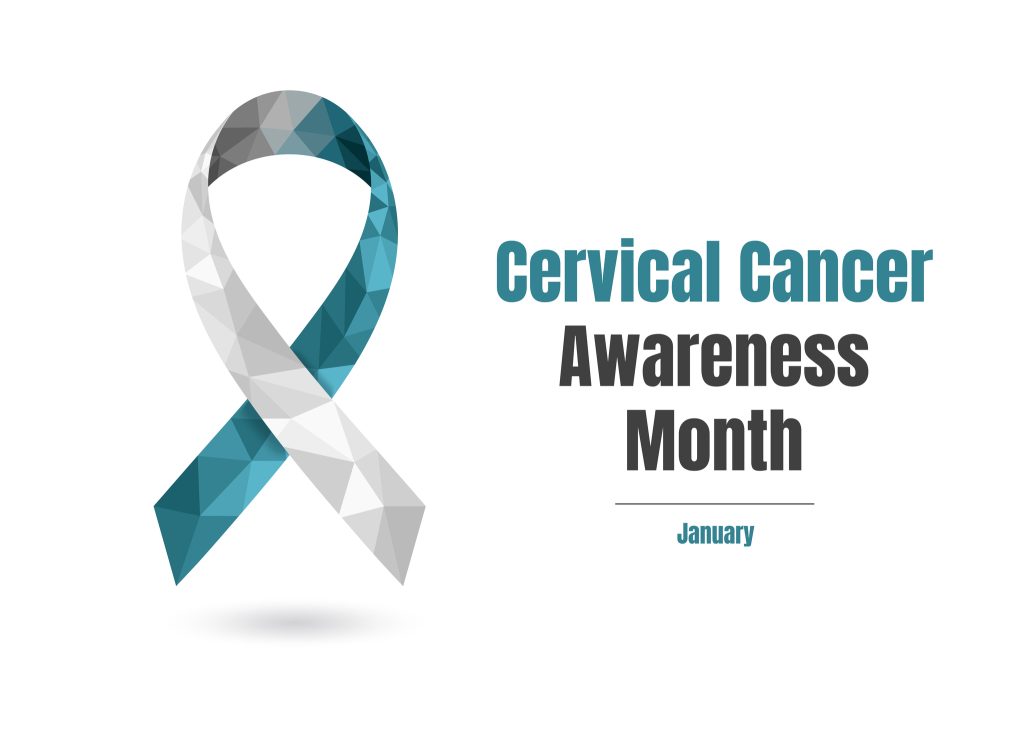
Cervical Health Awareness Month is recognized nationwide in January. The Georgia Department of Public Health’s South Health District wants to remind residents of the steps they can take to be proactive in their cervical health.
According to the centers for Disease Control and Prevention, all women are at risk for cervical cancer, although it occurs most often in women over age 30.
The CDC also explains that almost all cervical cancers are caused by human papillomavirus (HPV), a common virus that can be passed from one person to another during sex.
Other things can increase your risk of cervical cancer—
- Having HIV (the virus that causes AIDS) or another condition that makes it hard for your body to fight off health problems.
- Smoking.
- Using birth control pills for a long time (five or more years).
- Having given birth to three or more children.
- Having several sexual partners.
- When caught early, cervical cancer is highly treatable.
“Our goal in public health is to provide access to care for everyone, no matter their financial situation. We understand that not everyone’s situation will allow them access to health insurance, that is where our Breast and Cervical Cancer Program and other women’s health programs hope to step in,” says Missy Pollock, RN, women’s health coordinator for South Health District. “We encourage women ages 21-64 who are in need of a pap test to call their local health department to see if they qualify for one of our women’s health programs.”
Through South Health District’s Breast and Cervical Cancer Program, women who are Georgia residents, uninsured or underinsured and low-income, and who are 40 to 64 years of age can get pelvic examinations, pap smears (if needed), clinical breast exams, and mammogram referrals.
“We know that HPV is the leading cause of cervical cancer,” Pollock said. “We encourage all parents of pre-teens to have their children get the HPV vaccine. We also want to remind women of the importance of getting Pap tests starting at the age of 21. Preventing HPV is the easiest way to prevent cervical cancer.”
For information on cervical cancer, such as how it’s diagnosed and treated, visit the CDC’s website at www.cdc.gov.
Anyone interested in learning more about our Women’s Health programs should call their local health department or visit www.southhealthdistrict.com.
